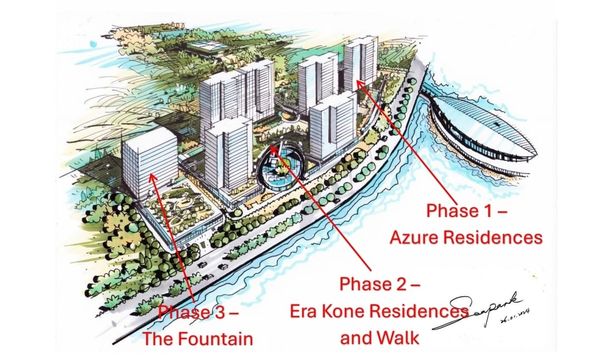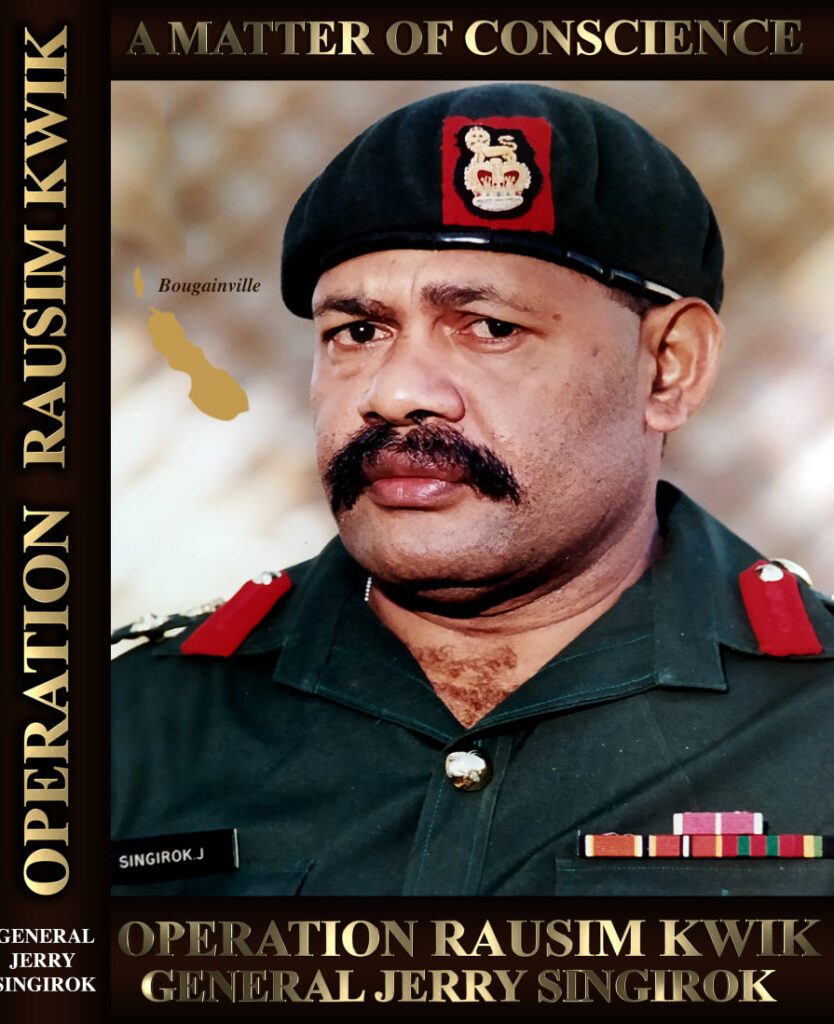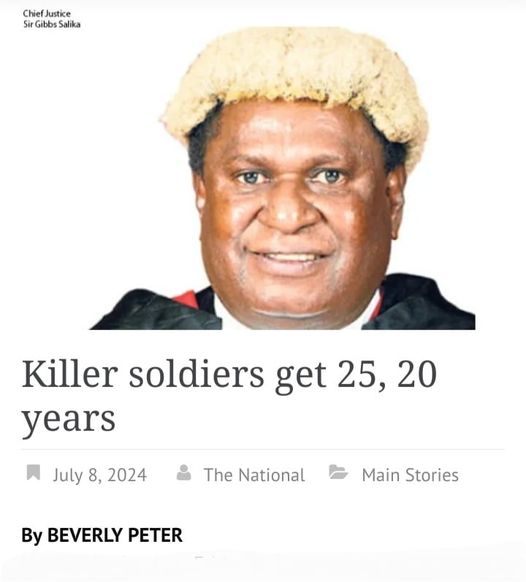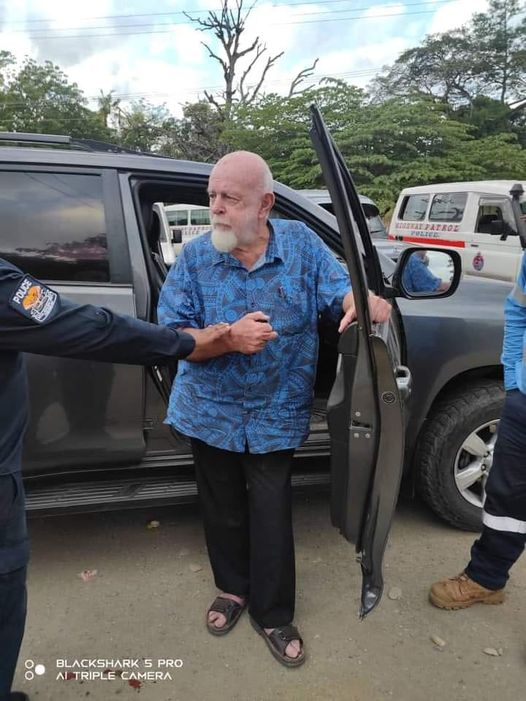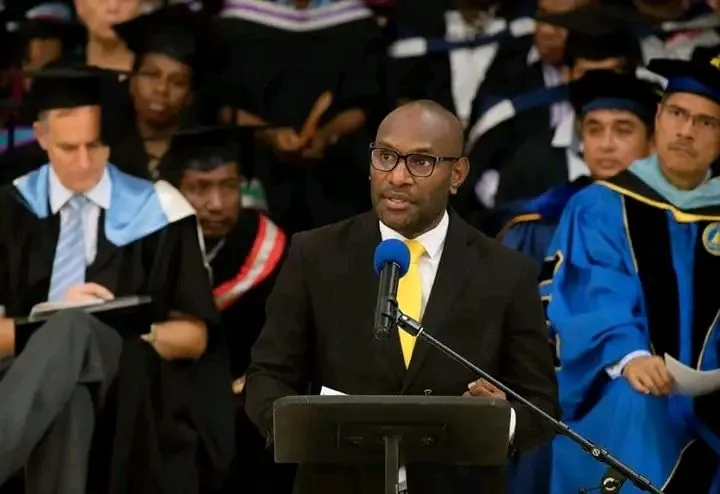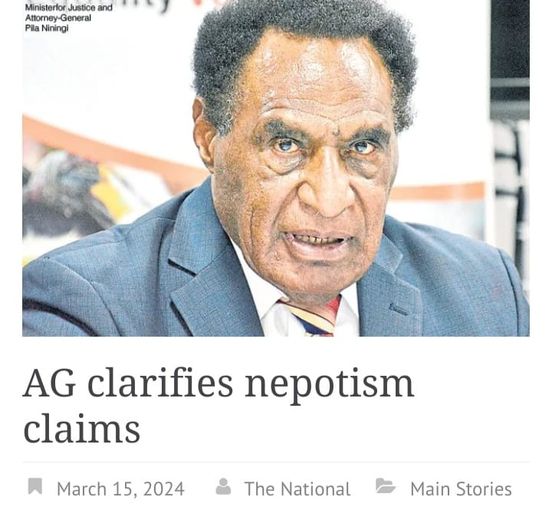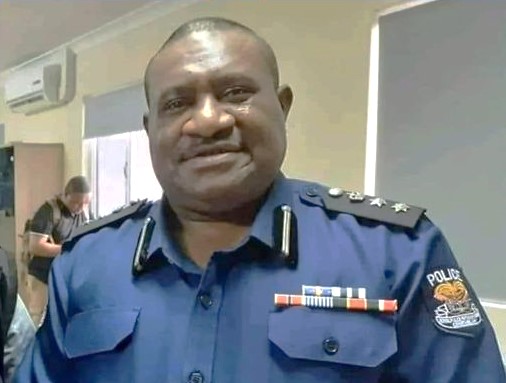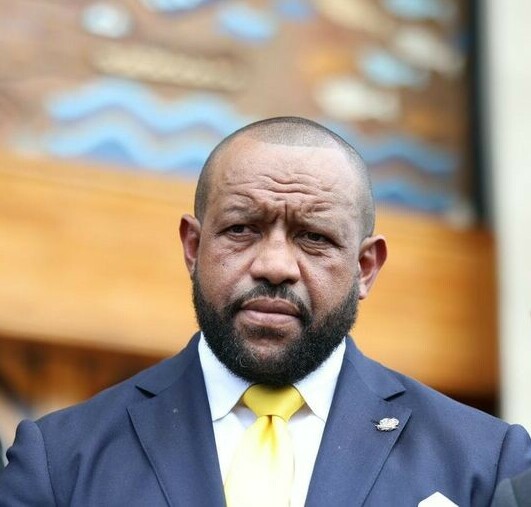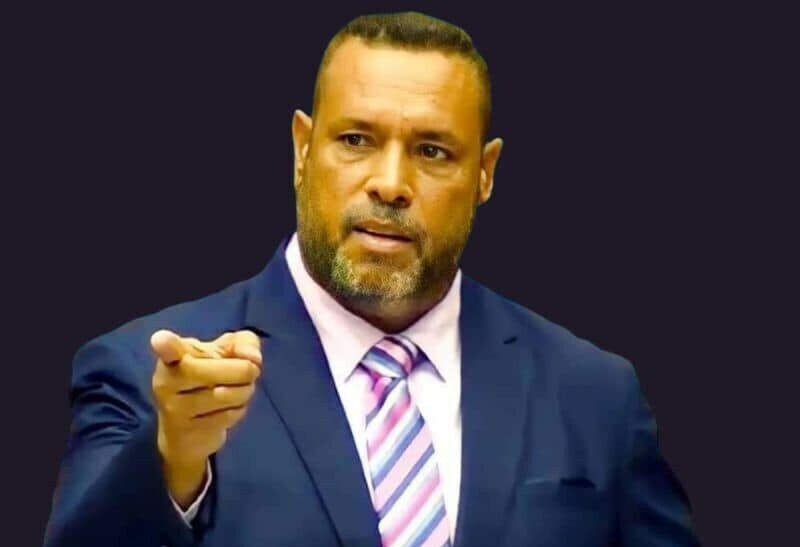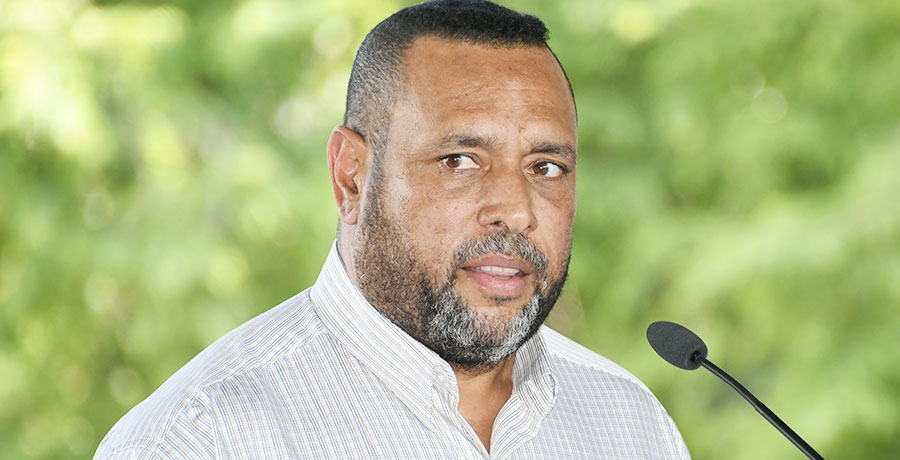OMBUDSMAN COMMISSION REFERS BASIL TO LEADERSHIP TRIBUNAL.
By Bryan Kramer – Kramer Report | 05 December 2020.
On Tuesday 1 December 2020, the Ombudsman Commission issued a press statement that it had referred former Deputy Prime Minister and Minister for National Planning and Monitoring, Sam Basil, to the Public Prosecutor for alleged misconduct in office.
The leadership watchdog said it conducted an investigation from a complaint that was lodged in 2016, and, based on the findings of the investigation, it gave Basil the opportunity to respond to the allegations against him.
“The Leader requested and was granted extensions of time, and after a total of 51 days, failed to respond to the allegations. The Commission has deliberated on the allegations and determined that there is a prima facie case that Hon. Sam Basil has been guilty of misconduct in office,” the statement said.
Ten days earlier, on 20th November 2020, at an Opposition press conference in Vanimo, Basil claimed Prime James Marape had conspired with the Ombudsman Commission to have him investigated.
“I had members of the Ombudsman sent by the Prime Minister to Bulolo District intimidating my staff,” Basil said.
He went to say that one of the main reasons he left Government was because he believed Prime Minister and other Highlands Members of Parliament had compromised the Ombudsman Commission.
“That is the very reason I left because..I was being written a letter by the Ombudsman Commission and the Prime Minister [who] told me that don’t worry I will talk to them… that really pissed me off. Why should a Prime Minister have access to the Ombudsman Commission? this is wrong, that is one of the reasons why I left” Basil said.
My response:
Basil’s claims against the Prime Minister and the country’s leadership watchdog are serious allegations and, if true, would amount to a criminal offence of abuse of office.
However, Basil offered no evidence to sustain his allegations. If Basil is unable to produce evidence to prove the allegation then his own conduct would amount to a criminal offence under the Section 362 of criminal code (unlawful publication of defamatory matter).
It would also amount to misconduct in office for scandalizing the Ombudsman Commission in the conduct of its duties.
The Ombudsman did not disclose the details of the alleged misconduct by Basil. It has adopted the practice of leaving it to the Public Prosecutor to first satisfy itself there is sufficient evidence to prosecute the case.
The Public Prosecutor will then make an announcement that it has found sufficient evidence to prosecute the allegations and formally write to the Chief Justice to appoint a Leadership Tribunal. This would comprise a three member panel, normally made up of a National Court Judge and two senior Magistrates.
The Ombudsman said Basil was afforded 51 days to respond and, after he didn’t, they made the decision to refer him.
Why?
The Ombudsman acts as a leadership watchdog, set up to investigate allegations of misconduct of office by leaders occupying public office.
Just like the Police, they investigate any complaint in respect of a crime being committed.
The primary difference between Police and the OC is that the Police will arrest and charge a person(s) they believe to have reasonable grounds to have committed a criminal offence; which can be anybody.
While the Ombudsman can only investigate people who occupy public office – namely Members of Parliament, Judges, Constitutional Officer Holders and Department Secretaries.
After carrying out its investigation, if it believes the leader has committed misconduct in office, it will contact them to afford them the opportunity to respond the allegations in person (formal interview) or in writing.
It will afford the Leader up to 21 days to respond to the allegations. In some cases, they may need additional time to respond and may make a request for an extension of time, usually 7 to 14 days.
If they fail or refuse to respond to the allegations (give their side of the story) the Ombudsman will make the decision to refer them to the Public Prosecutor to be prosecuted.
In the case of Police, they may arrest or invite a suspect to the Police station to be interviewed, after which they may formally charge them before bringing them before the Court to be prosecuted. If found guilty, the Court may sentence them to serve time in prison.
While a person is found guilty for misconduct, they may only face three possible penalties.
The more serious being dismissed from occupying the office they hold.
Second, being suspended for a period no more than three months; and the third being ordered to pay a fine.
In the case of Basil, the Ombudman stated that, after 51 days where he failed to provide a response, they made the decision to refer him to the Public Prosecutor.
Ombudsman investigations can take anywhere from one to three months to conduct before they will formally write to afford you the opportunity to respond to the allegations.
Further still, the OC stated that the complaint against Basil was registered in 2016, indicating it had nothing to do with the current political events or was in support of the serious allegation that have been sponsored by Prime Minister James Marape.
In 2016, Basil was a member of Opposition, so for the record was the only person I know that was filing complaints against the now Opposition Members Peter O’Neill, and Belden Namah in 2015.
So perhaps Basil ought to ask O’Neill if his now good friend, political mentor and sponsor, is behind the complaint to Ombudsman.
I recall in 2016 that Basil said O’Neill sent a police investigation team to Bulolo District to investigate how Basil expended his District development funds.
But back to the issue of Basil claiming the Ombudsman had been compromised and he was being targeted.
Since being appointed Minister for Police, I have been subjected to four investigations by the Ombudsman, that I know of.
The first was regarding my comments on the floor of Parliament against the Ombudsman in relation to the direction to Commissioner of Police not to take disciplinary action against a number of officers.
Second, that I’ve been interfering with Police Operations in relation to my efforts to reform the Police Force.
Third, being the decision of the Madang District Development Authority to engage qualified technical staff who are paid only K3,000 a fortnight to assist with design and implementation of the MDDA development plans and programs.
Forth being the MDDA decision to partner with Digicel Foundation to purchase two ambulance in a Kina-for-Kina initiative where the Madang District saved K201,000.
In my view, all complaints are baseless and without merit, thus I’m not bothered at all by them.
If I was Basil, I would only be concerned if the allegations against me were true, which would give me a reason to make a play for Prime Minister in an effort to escape the charges.
Unfortunately for Basil, his efforts to deflect the public’s interest in the charges against him may have resulted in further serious offences that could see him face fresh misconduct and criminal charges.
—————————–



